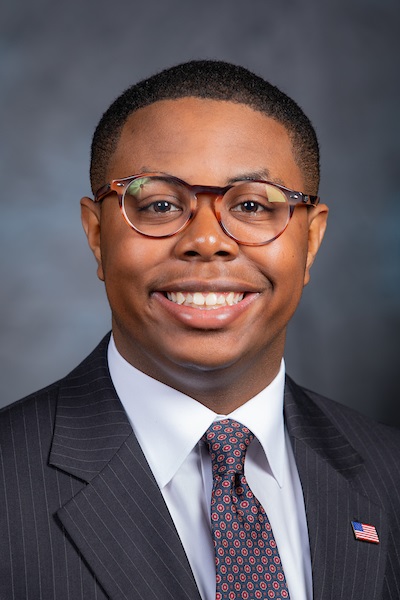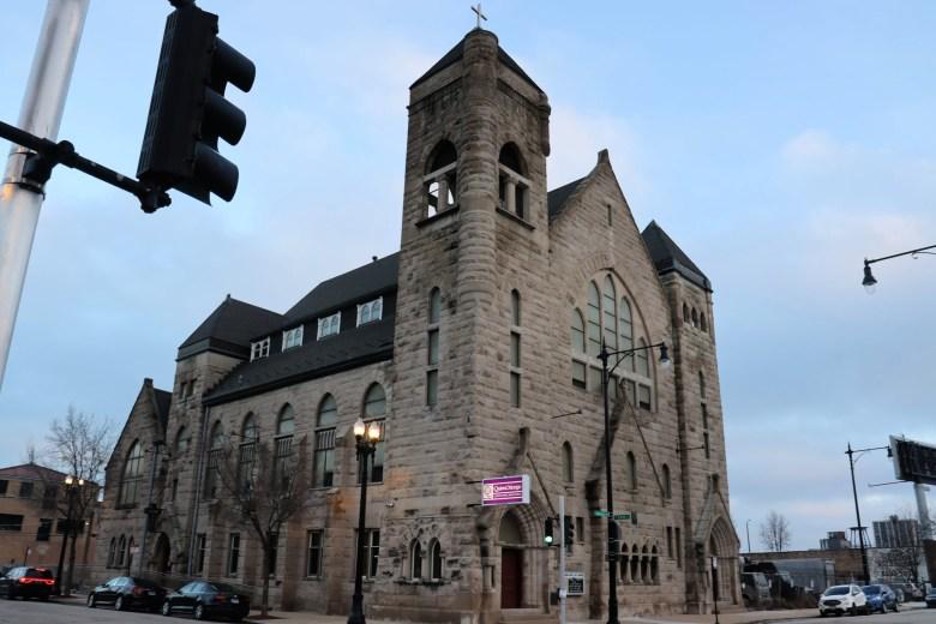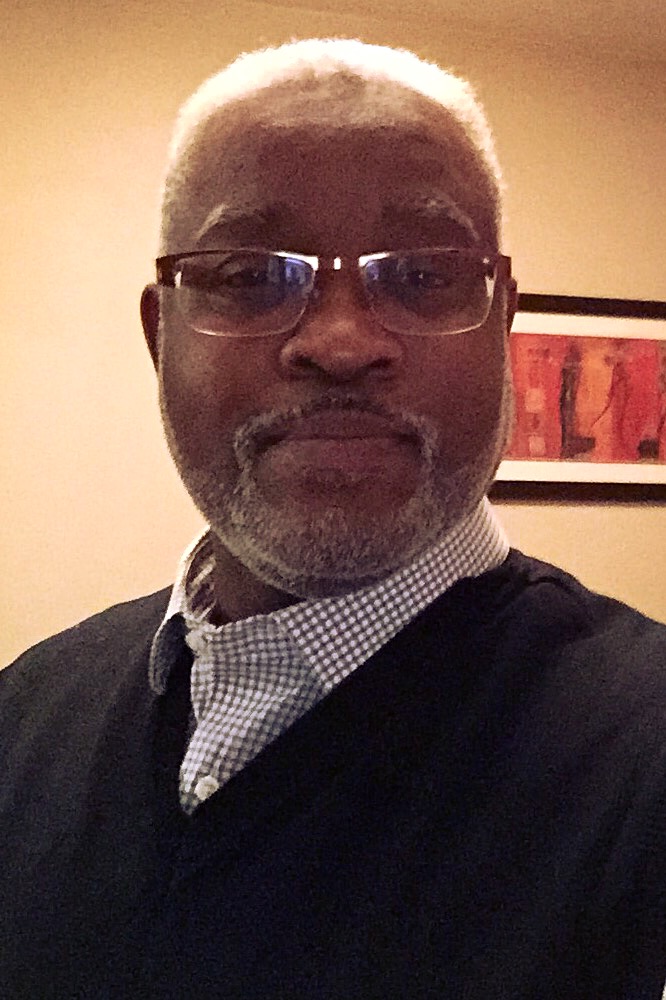History and Theology: A Tale of Syncretism
George Pratt, Contributing Writer
In July 2023, I addressed the congregation at Antioch African Methodist Episcopal Church in Stone Mountain, Georgia, sparking widespread conversation and debate on various social media platforms, primarily Facebook. The Christian Post, a popular conservative and evangelical online newspaper, covered the sermon in the article “Morehouse College’s Christian valedictorian tells church they can call on both ancestors and Jesus for help.” Amidst the discourse surrounding the sermon, one fact that has become strikingly clear is a joint matter of history and theology.
As a scholar who employs preaching in a Black liberation and social gospel context for cultural performance and decolonial knowledge transmission, my comments regarding ancestor communion or veneration aimed to reflect how some African Americans have reconciled Protestant Christianity with the indigenous philosophy and spiritual science of their African ancestors. In doing so, African American Christians have forged a unique wisdom tradition and theological perspective rooted in an Africana worldview. This syncretic blending of Black spirituality with Christianity is not confined to the United States but has occurred across the Diaspora and on the Continent during Modernity as a result of Euro-American proselytization and mission efforts. This topic of syncretism became a focal point of tension in the digital dialogue surrounding my sermon clip, contextualizing a broader public discourse among African Americans on religio-racial identity in the Information Age.
Over the past five years, social media has been ablaze with discussions concerning Beyoncé’s Black is King, the celebration of Hoodoo Heritage Month, and the controversial image of COGIC founder Bishop Charles Harrison Mason depicted with elements of “God’s handiwork in nature.” Central to these discussions are characterizations of African heritage spiritual traditions, concepts, and related iconography as “demonic,” “blasphemous,” and “sacrilegious.” Similarly, my sermon clip received parallel responses, with many Black Christians surprisingly utilizing the term syncretism when interpreting and critiquing my statements as “non-Christian” and “sinful.” It became evident that many of these individuals were unaware that Christianity itself is syncretic, originating as an offshoot of a Hellenized 1st-century Judaism later absorbed into a Roman state religion, and more specifically, that Black expressions of Christianity are as well.
What is significant about this phenomenon is the othering and dismissal of African religious forms of knowledge by present-day people of African descent and the ignorance of one’s historical situation. This occurrence bears major theological implications and reveals a crisis within the African American psyche and religious imagination. When operationalizing theology as a social theory to evaluate how humans understand themselves and reality relative to their perceived ultimacy or god-concept, history, and cultural memory converge. In this way, an individual or group can only craft a holistic theology when possessing a healthy awareness of their history or context.
Considering the limited ideological impact of Black contextual theologies beyond academia and mainline sects, I argue that the widespread occurrence of African American Christians privileging theologies framed by what scholar Jawanza Clark calls “Eurocentric epistemological hubris” indicates a fracture in the collective historical consciousness of Black people.
Subsequently, a distorted and misinformed view of reality has caused Continental and Diasporan Africans to continuously perpetuate harmful theologies that reinforce the dominant culture and global system of white supremacy/racism. My hope is that we abandon doctrines and dogma grounded in Western Christian orthodoxy and instead look to our history and culture as a means of theologizing, embracing Clark’s suggestion of an Africana methodological approach to theology.





